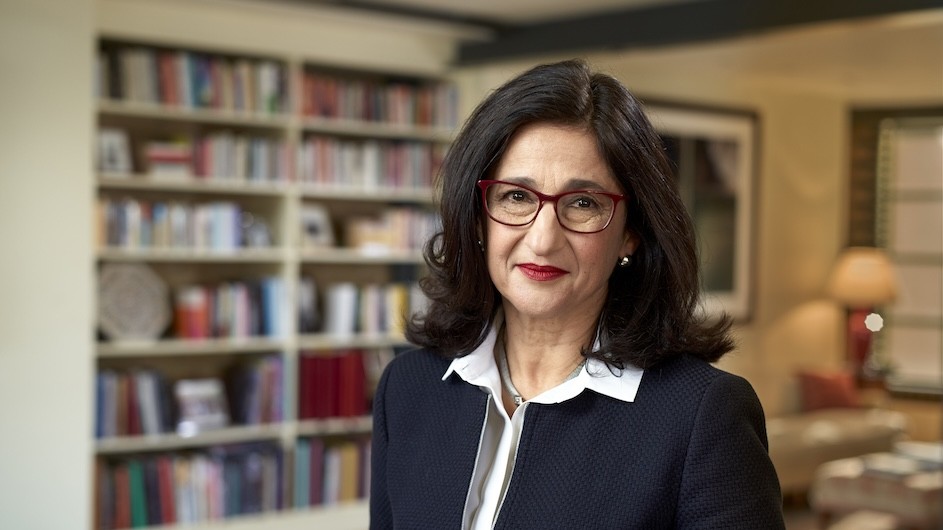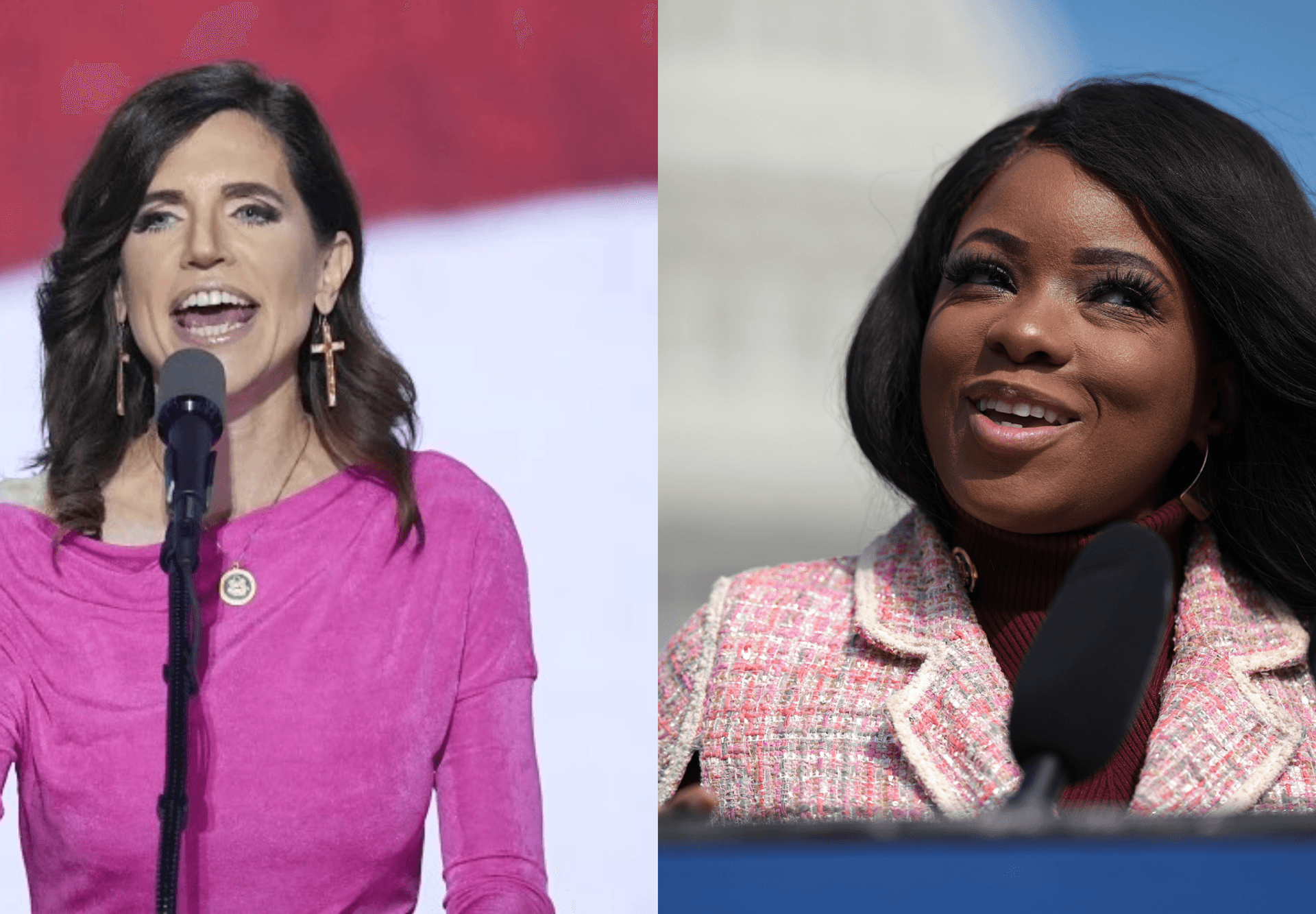Columbia University President Minouche Shafik has announced her resignation, effective immediately, marking a significant shift in leadership at the prestigious institution. Her departure comes after a tumultuous tenure characterized by intense campus protests and growing divisions within the university community. Shafik, who made history as the first woman and person of color to lead Columbia, expressed her decision in a heartfelt letter to the university community, acknowledging the challenges faced during her presidency.
In her resignation letter, Shafik cited the strain that recent protests related to the Israel-Hamas conflict had on her family and the university community. She noted, “This period has taken a considerable toll on my family, as it has for others in our community.” The protests, which began in April, led to significant unrest on campus, including arrests and property damage, as students voiced their opinions on the university’s handling of sensitive geopolitical issues. Shafik’s leadership faced criticism, culminating in a vote of no confidence from the Faculty of Arts and Sciences in May.
Shafik’s tenure began in 2023, and she was initially praised for her vision of fostering a diverse and inclusive environment at Columbia. However, the challenges posed by the protests and the polarized atmosphere on campus proved difficult to navigate. In her letter, she reflected on the need for new leadership to guide the university through the complexities ahead, stating, “I have decided that my moving on at this point would best enable Columbia to traverse the challenges ahead.”
Columbia University President Minoche Shafik announced his resignation, effective immediately, signaling a major change in leadership at the prestigious institution. His departure followed a tumultuous period characterized by heated campus protests and growing divisions within the university. Shafik, who is making history as the first woman and person of color to lead Columbia, revealed her decision in a heartfelt letter to the campus community, acknowledging the challenges she faced during her tenure as president toom Citing in his resignation letter the stress that the recent protests related to the Israeli-Hamas conflict have caused his family and university community, Shafik said, “This moment has destroyed my’ a big family, as have others in our community.” .” Protests that began in April led to widespread campus violence, with arrests and property damage, as students voiced their opinions about the university’s handling of important geopolitical issues, Shafiq’s leadership faced criticism, culminating in a vote of no confidence in the Faculty of Arts and Sciences in B’atumi. Shafique’s tenure began in 2023 and was initially praised for his vision for creating a diverse and inclusive environment at Columbia. But the challenges posed by the protests and the divided atmosphere on campus proved difficult. In his letter, he reflected on the need for new leadership to navigate the new challenges of the university, saying, “I have decided that my achievements during this time will enable Columbia to meet the challenges ahead.”








